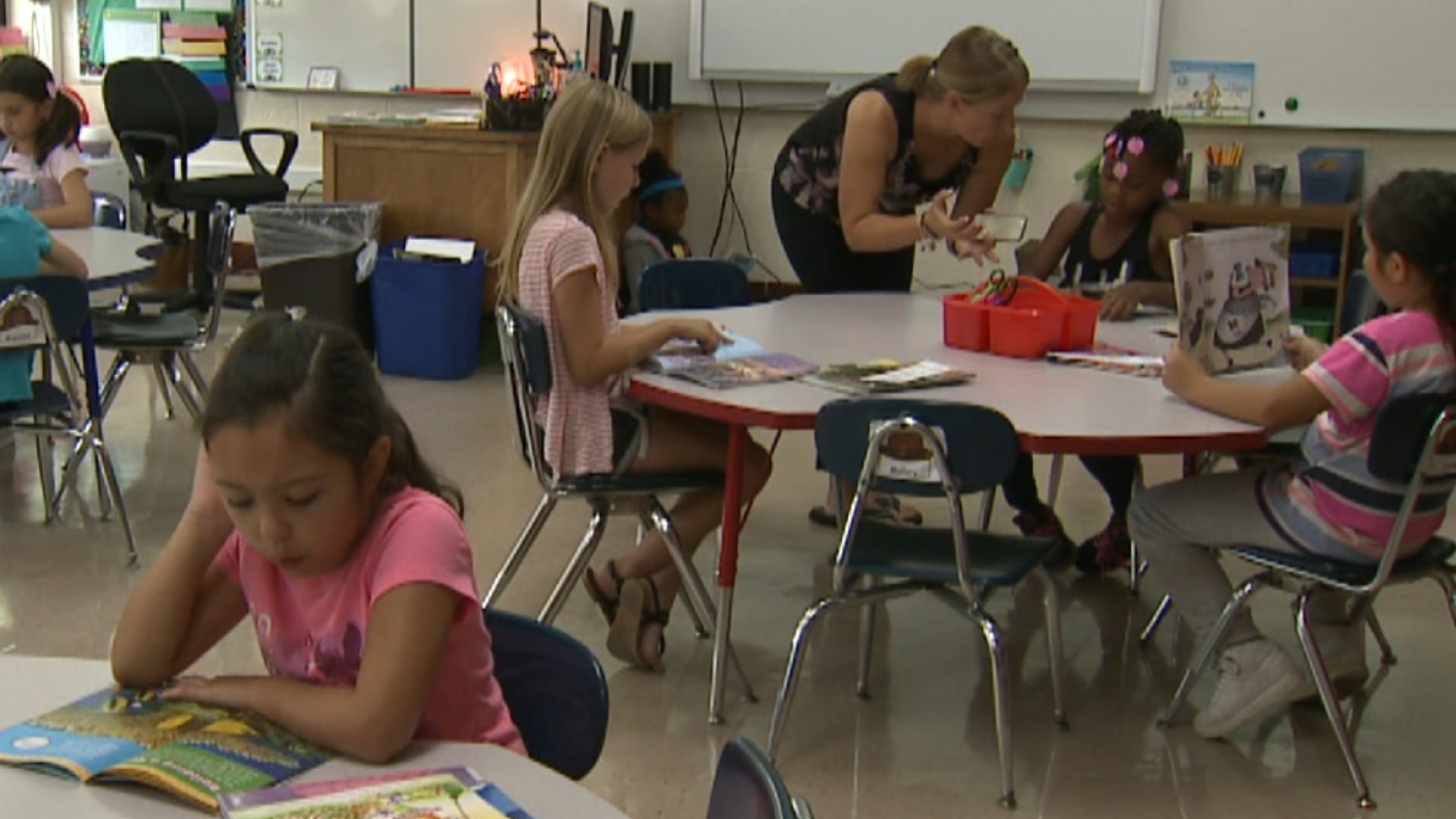DES MOINES, Iowa — An annual report shows Iowa's education ranking has dropped four spots, and while the overall ranking may seem high, data shows some dramatic discrepancies.
The Annie E. Casey Foundation releases an annual report, the Kids Count Report, looking at state trends in child well-being.
Iowa ranks 7th overall in the report when combining all aspects of the data, including education, family and community, economic well-being and health.
Common Good is a nonprofit organization acting as a liaison between Iowa and the Annie E. Casey Foundation. Executive Director of Common Good Anne Discher believes some data in this report "should be a real wake up call."
Discher believes the data is significant because of Iowa's education ranking dropping from 9th overall to 13th overall in the past year.
RELATED: Latest statewide assessment shows little improvement from last year, reveals achievement gaps
Here are the four factors taken into account when determining a state's education ranking, alongside where Iowa stands in each category:
- Percentage of young children (ages 3 and 4) not in school: 57%
- Percentage of fourth graders not proficient in reading: 67%
- Percentage of eighth graders not proficient in math: 72%
- Percentage of high school students not graduating on time: 10%
"I think it reflects national trends," Discher said. "How are we teaching kids to read, how are we teaching math, really does seem like a challenge, but it's also how prepared are students to learn when they get to the classroom."
Discher says this year is the first time Iowa has not ranked first in graduation rates since data was first collected in 2010-11. This year, Iowa dropped to third place.
Common Good believes these numbers are stemming from chronic absenteeism. According to the Kids Count report, in 2021-22, 30% of all students in the U.S. were chronically absent.
Discher believes that chronic absenteeism is a direct result of the pandemic, as the data also begins to show the impacts the pandemic is leaving on education.
"There's some things we could do kind of very short term, specific, to engage kids who maybe have not got fully re-engaged back in school, since the pandemic," Discher said.
To collect data, the Annie E. Casey Foundation looks at National Assessment of Education Progress (NAEP) scores, the U.S. Department of Education, U.S. Census Bureau, National Center for Education Statistics, American Community Survey and Common Core of Data.

